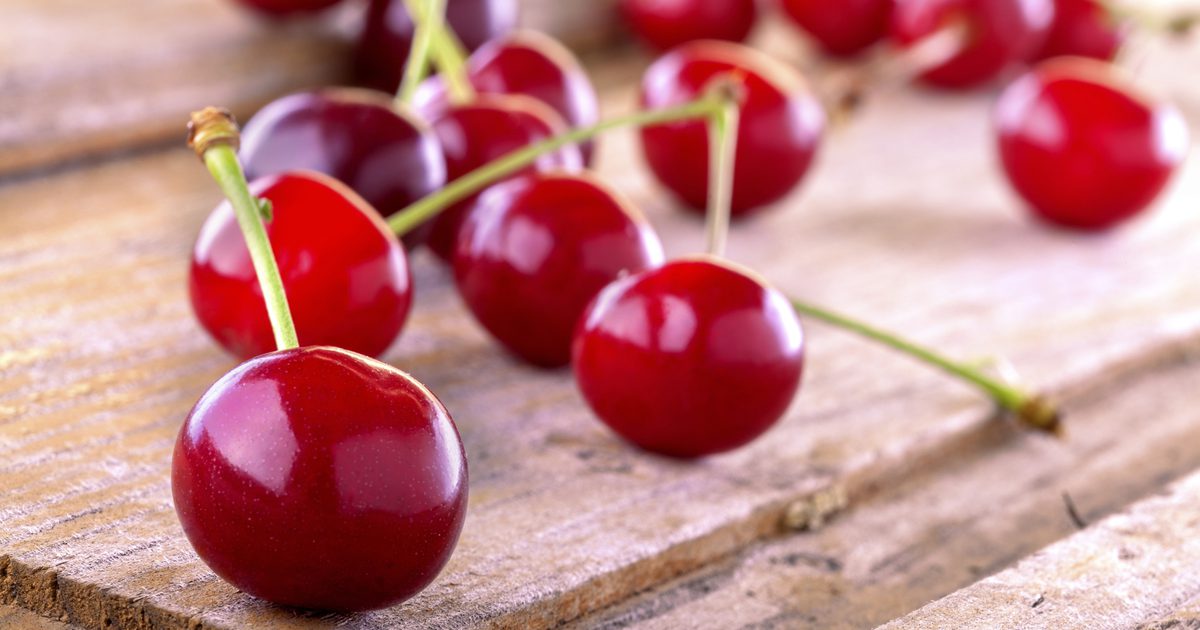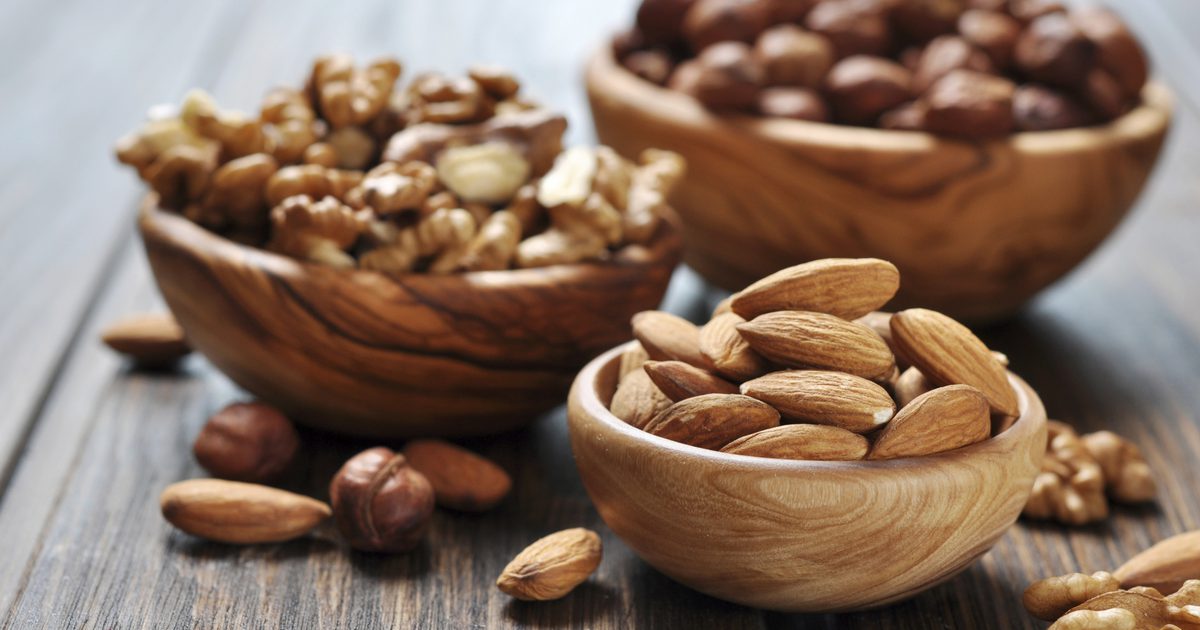Natural Sources Of Melatonin & Their Benefits
Melatonin, or N-acetyl-5-methoxy tryptamine, is a hormone secreted by the pineal gland in animals. It is made from serotonin, a neurotransmitter that delivers messages to and from nerve cells. The pineal gland is a small gland found at the base of the brain, and though it has been known since antiquity, scientists only discovered it secreted melatonin in 1958. Secreting melatonin is all the pineal gland does.
Scientists still do not know melatonin’s exact function, but it is crucially important in the secretion of other hormones and the circadian rhythm, which is part of the body’s internal clock. This clock tells the body when to secrete different hormones at certain times of the day. Melatonin also controls the sleep/wake cycle. Darkness stimulates its release while light suppresses it. There are many types of foods that are natural sources of melatonin.
Tart Cherries

The difference between tart and sweet cherries goes beyond what each tastes like. Both reduce inflammation, ease the soreness of muscles after workouts, regulate blood pressure, and soothe the pain of arthritis. They also raise levels of 'good' or HDL cholesterol. They are rich in nutrients such as vitamin C, potassium, and polyphenols and good sources of dietary fiber.
However, studies show tart cherries are more abundant in antioxidants. These are chemicals that protect the body from attack by free radical molecules, and melatonin is an antioxidant as well as a hormone. The melatonin levels in tart cherries are about 2.06 nanograms per gram. Eating them also helps individuals achieve more restful sleep, though the effects take a longer time than it does with sweet cherries.
Walnuts And Almonds

Nuts and seeds are very rich in vitamins and minerals such as magnesium, omega-3 fatty acids, and vitamin E. Walnuts and almonds are also abundant in melatonin. One gram of walnuts has been found to have about 3.5 nanograms of melatonin. This makes walnuts and almonds good to eat out of hand for jet lag if an individual is traveling from one time zone to another. They should be eaten in moderation, since nuts and seeds are also rich in fats. Almonds enhance the sleep-inducing properties of melatonin because they are also rich in magnesium, which also helps with sleep.
